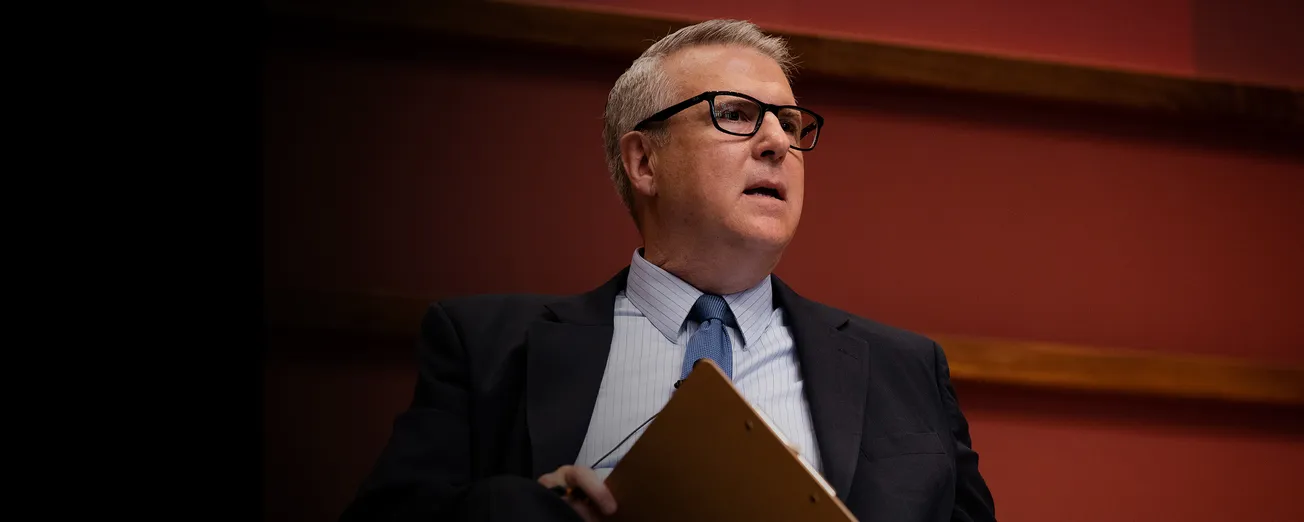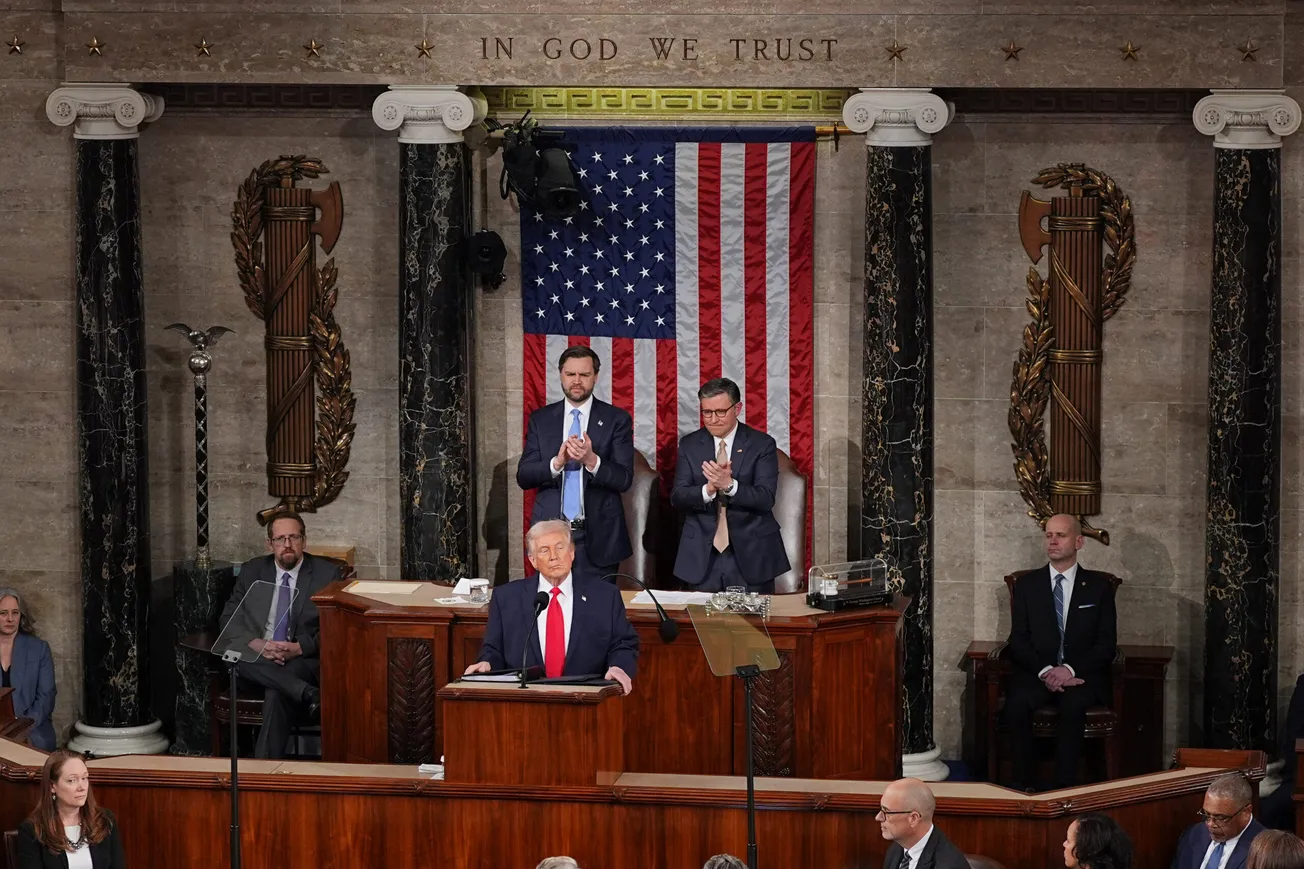Table of Contents
The tragic Virginia Tech massacre has sparked a national debate over gun control. Although some have suggested that gunman Cho Seung-Hui’s mental problems may have been a primary cause of the V-Tech massacre, addressing the gun issue is the most practical way to prevent similar tragedies in the future.
For a generation, the gun debate has centered around three alternatives: liberal, conservative, and libertarian. The liberals say: We can reduce gun-related crimes by reducing the availability of guns. The conservatives say: There are already too many gun-toting criminals out there, and therefore ordinary people must be permitted to carry firearms for self-defense. Finally, libertarians say: Why not just let each private school, firm, factory, and church decide its own weapons policy? In sum, liberals believe in disarmament; conservatives, in deterrence; and libertarians, in decentralization.
Each position is logical in its own way. Liberals are correct in making the almost tautological statement that having fewer guns will lead to fewer gun-related crimes. Indeed, many countries have benefited from tight gun control laws. In Singapore, for instance, it is illegal for civilians to own firearms, and even soldiers do not take their guns home—they leave them in the army camps. This rigorous enforcement of anti-gun laws has brought excellent results: Singapore enjoys one of the lowest crime rates in the First World, and it is safe to walk on her streets at night. Liberal arguments for disarmament have worked in other nations, and will work for us if we copy what they do.
Conservatives, in contrast, suggest that the solution to gun-related crime is to have more guns, not less. They concede that increasing the availability of guns will carry risks. Violent shootings will still happen on occasion. Some people might be wrongly mistaken for criminals and shot. Guns might fire off accidentally and lives may be lost. However, conservatives argue that accidents tend to be rare and that casualties of crime will be lower if people have the means to defend themselves from criminals. The logic behind their stance is best articulated by Professor John Lott, author of More Guns, Less Crime, who argued during an interview: “Concealed handgun laws reduce violent crime for two reasons. First, they reduce the number of attempted crimes because criminals are uncertain which potential victims can defend themselves. Second, victims who have guns are in a much better position to defend themselves.”
Finally, libertarians argue for a quasi-Smithian solution: that in a free society, individual households, schools, and firms should be allowed to privately decide whether to hold guns or ban them. They tend to be neutral on the actual content of the gun policies, so long as the policies are decided by private organizations rather than the federal government. As libertarian writer Lew Rockwell writes: “It is not enough to say that Virginia Tech ought to ban guns or ought to arm students and teachers. Neither solution is necessarily right. One can imagine that some universities might not want students to carry sidearms. For other places, this might be just great and even essential for putting parents at ease. Which is the right solution? Only when such decisions are left to private owners and the competitive marketplace can we know for sure. One-size-fits-all doesn’t work any better in security provision than in clothing.”
The libertarian solution, however, has a weakness—it resembles what we have already been doing. Gun-control is a rare instance where private decision-making does not lead to the collective good. The fact that Virginia Tech had labeled itself a “gun-free zone” did not matter, because there were too many outside places where guns were allowed and could be easily acquired. It was because we had a deadly middle-of-the-road equilibrium—weak gun control regulations obeyed by the innocent majority, but not the lawbreaking loner—that so many lives were lost in Norris Hall. The fact that gun ownership imposes externalities on non-gun owners thus reveals a flaw in the libertarian solution.
In contrast, the solutions offered by liberals and conservatives would each have prevented the Virginia Tech massacre. If the left had its comprehensive gun legislation, Cho would never have acquired the weapons for his murderous rampage in the first place. If the right had its way, some of Cho’s victims in Norris Hall would all have carried concealed weapons and would have been able to defend themselves.
Therefore, we are led to an interesting conclusion. In theory, the left’s position on gun control would be optimal (“No Guns, No Crime”). In practice, however, the right’s position (“More Guns, Less Crime”) makes sense in the absence of an existing federal gun-control policy that is 100% effective. Either of these solutions would work. Unfortunately, a mixed, decentralized stance on this particular issue would not, given the unique power and danger held by those who hold guns.
If we decide that more anti-gun legislation is the answer—a solution popular in this corner of America—we must recognize that gun control must be absolute in order to work. Half-measures like restrictions on “non-sporting” firearms, extended registration periods, or increased background checks are insufficient. We will require a total ban on civilian ownership of guns because if our gun-control laws are rigorous, but not absolute, the vast majority of innocent people will be completely defenseless against the few criminals who manage to procure guns. Half-hearted gun control laws will be broken too easily; they are insufficient against determined criminals.
However, in order to enforce such absolute gun control, severe penalties, including lengthy jail terms and huge fines, will need to be imposed on illegal gun owners. Moreover, active measures will need to be taken to disarm existing fugitives, outlaws, and gang members who already own guns. This may prove to be a very difficult task politically. The process of enforcing a total disarmament of our population will be costly and may require draconian measures. It may be necessary to modify parts of the Second Amendment. And given the political influence of the National Rifle Association and pro-gun Republicans in Congress, it will almost certainly be difficult to pass such stringent gun control legislation. But if our leaders could pull off such a legislative feat, our streets would be as safe as Singapore’s.
Gun control is one of those rare issues where extreme solutions, not compromises, are needed. Disarmament would work. Deterrence would work. But anything in between will not.




